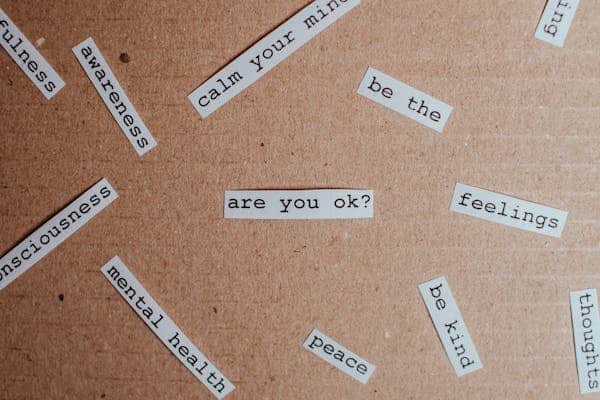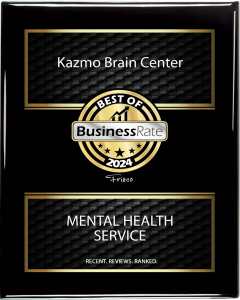Bipolar I disorder is a complex and often challenging mental health condition characterized by recurrent episodes of mania and depression.
These mood swings can affect the individual’s quality of life and everything else, from relationships and work to overall well-being.
Understanding Bipolar I disorder involves delving into its symptoms, causes, diagnosis, and treatment options.
With proper management and support, individuals with Bipolar I disorder can lead fulfilling lives, but navigating the highs and lows of this condition requires a comprehensive approach that integrates medication, therapy, and lifestyle adjustments. In this exploration of Bipolar I disorder, we will dive into its nuances, debunk misconceptions, and highlight strategies for effectively managing this condition.
Through education and awareness, we can foster greater understanding and support for those living with Bipolar I disorder.
What are the key features and indications of Bipolar I
Manic Episodes
The defining feature of Bipolar I disorder is the occurrence of at least one manic episode. Mania is a distinct period of abnormally and persistently elevated, expansive, or irritable mood accompanied by increased energy or activity.
During mania
episodes, patients can experience the following:
- Decreased need for sleep
- Racing and intrusive thoughts
- Impulsivity and poor judgment
- Grandiosity or inflated self-esteem
- Increased talkativeness
- Engaging in risky behaviors (such as reckless spending, substance abuse, or sexual indiscretions)
Major Depressive Episodes
Individuals with Bipolar I disorder also experience depressive episodes characterized by persistent feelings of sadness, hopelessness, or loss of interest or pleasure in activities for a long time. These depressive episodes may alternate with manic episodes or occur separately.
Duration and Severity
Manic episodes in Bipolar I disorder typically last at least one week and may require hospitalization due to the severity of symptoms and impairment in functioning. Depressive episodes often last longer, though they can vary in duration.
impairment in Functioning
Bipolar I disorder can significantly impair daily functions in various areas of life, including work, school, relationships, and self-care. Extreme mood swings and associated symptoms can disrupt social, occupational, and personal responsibilities.
Psychotic Features
In some cases, individuals with Bipolar I disorder may experience psychotic symptoms, such as hallucinations or delusions. These symptoms can occur during manic, depressive, or mixed episodes.
The psychotic episodes can be unmanageable by the patients and can lead to a kind of danger and irresponsibility.
Bipolar I treatment plan
According to the NHS, the treatment aims to control and reduce the severity of both extremes – depressive episodes and manic episodes.
In cases where this disorder is left untreated, the manic episode can last a long time between 3 to 6 months. As for the depressive episode, it can last between 5 to 12 months.
Most people with bipolar disorder can be treated using a combination of different treatments.
These can include 1 or more of the following:
- Medication to prevent episodes of mania and depression – these are known as mood stabilizers, and you take them every day for an extensive period of time
- Learning to recognize the triggers and signs of an episode of depression or mania
- Psychological treatment – such as talk therapy, which helps patients deal with depression
- Lifestyle advice – such as doing regular exercise, planning activities you enjoy that give you a sense of achievement, and advice on improving your diet and getting more sleep
The majority of individuals with bipolar I disorder can manage their treatment outside of a hospital setting. However, hospitalization may become necessary in cases of severe symptoms or when treatment is mandated under the Mental Health Act due to concerns about self-harm or harm to others. In certain situations, treatment in a day hospital may be an option, allowing patients to return home at night.
How to cope with Bipolar I?
It’s important for individuals with Bipolar I disorder to work closely with mental health professionals to develop a comprehensive treatment plan and to seek support from loved ones or support groups. Early diagnosis and intervention can improve outcomes and reduce the impact of the disorder on one’s life.
You can get an assessment and counseling sessions in order to identify the condition and get the right treatment and support at our center. Reserve your session by contacting us at: https://kazmobrain.com/contact-us/







